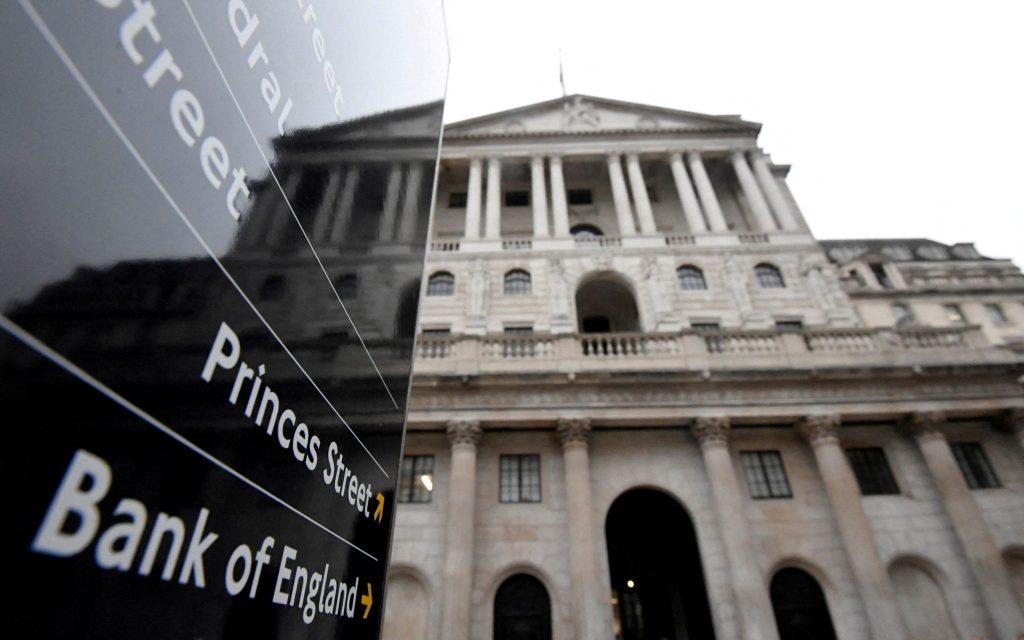The Bank of England has cautioned that the economic outlook for the UK and the rest of the world has “materially deteriorated.” Energy and fuel expenses are fast growing over the world, driving up overall prices.
However, the Bank of England stated that UK banks are well-positioned to weather even a severe economic slump. It instructed banks to hold extra money in rainy-day funds in order to withstand any storm. The comments were made in the Bank’s most recent Financial Stability Report.
According to international forecasters such as the IMF and the OECD, Britain is more vulnerable to recession and chronically high inflation than other Western countries, which are all dealing with energy and commodity market shocks.
The Bank of England stated in its quarterly health check on the UK’s financial system that the weakening economic outlook has created volatility in global markets in recent months, with more turbulence predicted.
UK banks will need to set aside more cash to withstand market shocks beginning next year, but they are well-positioned to lend to individuals and companies, according to the report.
“The economic outlook for the UK and globally has considerably deteriorated,” the Bank of England stated in its current Financial Stability Report. “Prices for critical products like food and energy have increased substantially in the UK and around the world, and the prospect for growth has deteriorated.” This is primarily due to Russia’s illegal invasion of Ukraine.
The majority of people and businesses, according to the Bank, entered the present financial crisis with relatively low debt levels and would still be there in December.
The majority of households and businesses are anticipated to manage the additional financial strain without defaulting on mortgages and loans, despite the fact that the Russian invasion of Ukraine has driven up commodity prices and driven inflation to its worst level in 40 years.
Some economists predict that by the end of this year, inflation will have reached an estimated 11 percent, and the base interest rate set by the central bank may have reached as high as 3 percent.
Many families’ living standards would likely decline as a result of rising expenditures, placing many of them in serious financial straits.
Although 40 percent of UK mortgages must be refinanced within the next 18 months, it was stated that 80 percent of UK mortgages are on fixed rate terms, meaning that borrowers are in a solid position to afford increasing interest costs.
However, the central bank, which oversees banks and insurance firms, warned that a worsening of the outlook for the world economy as inflation reduced consumer spending power and business earnings presented a number of concerns for the global banking sector.
